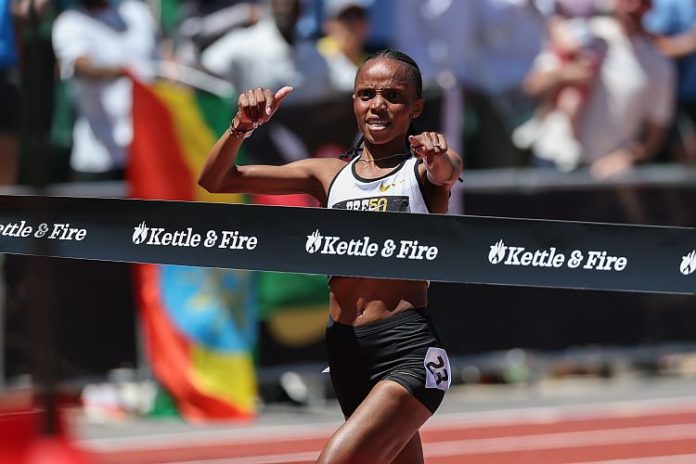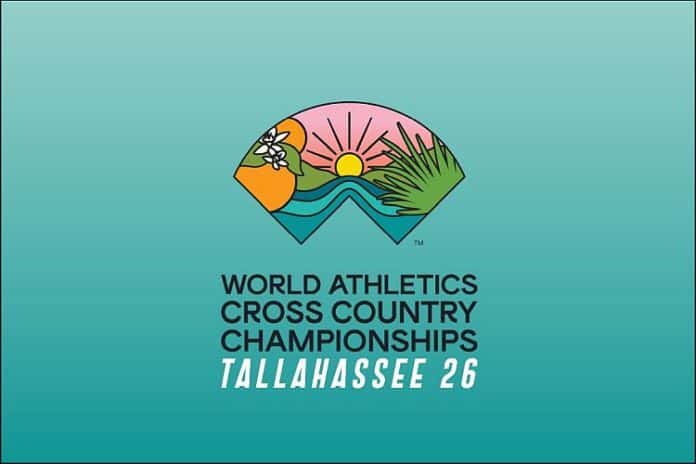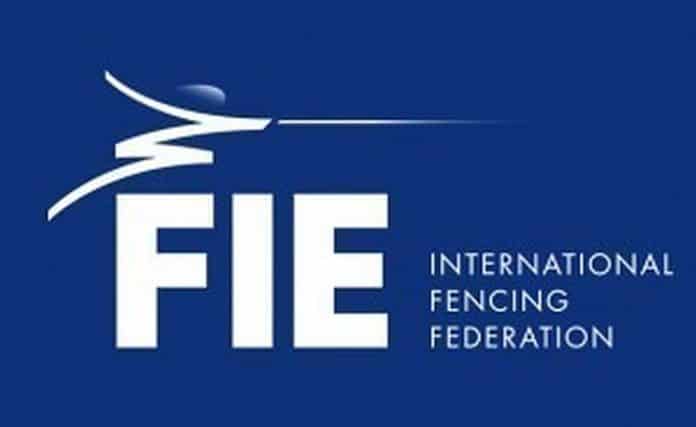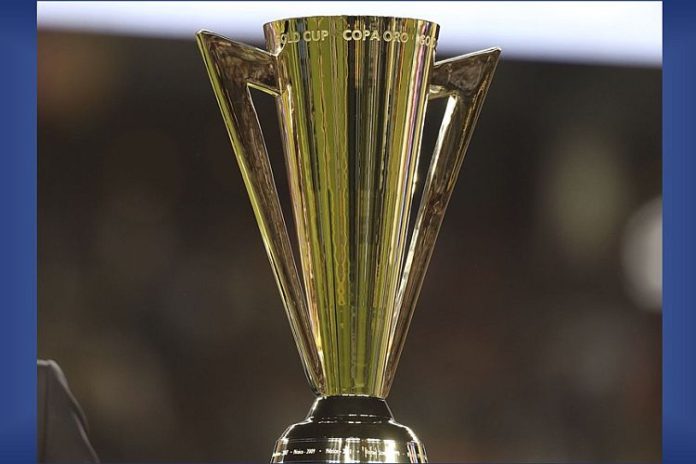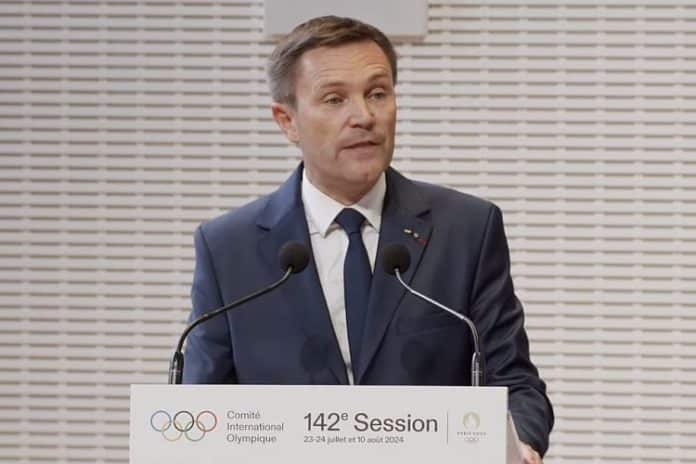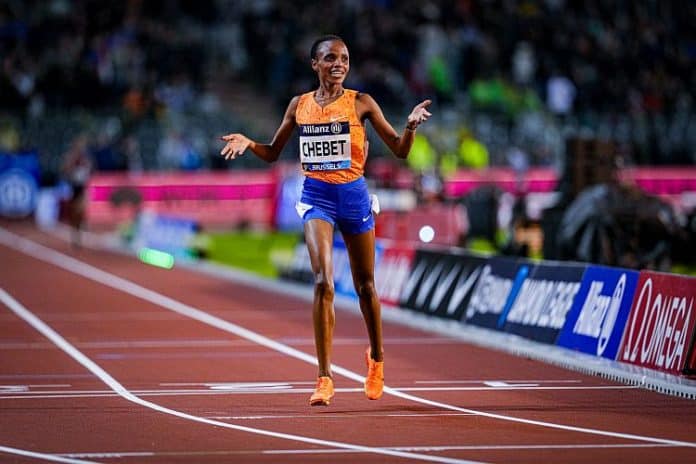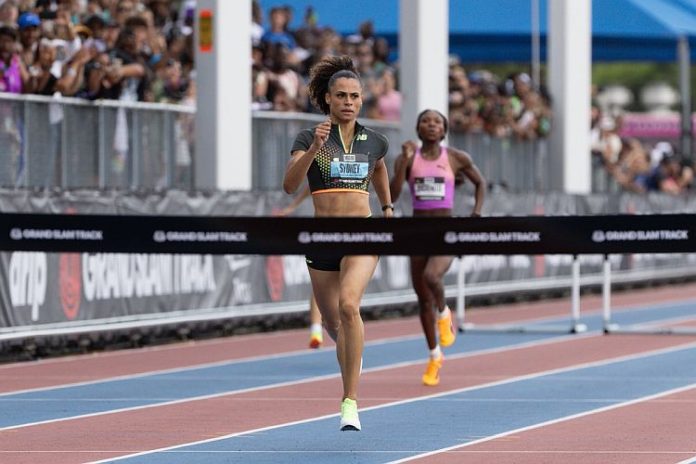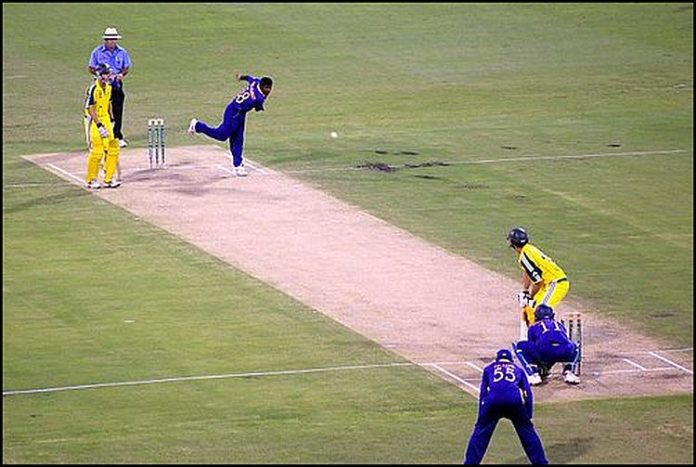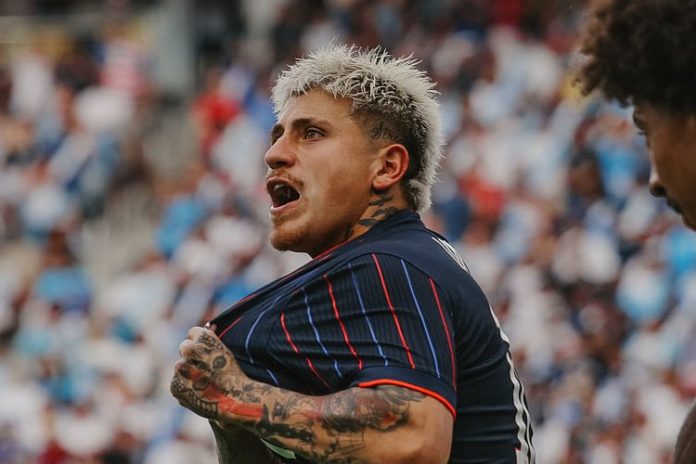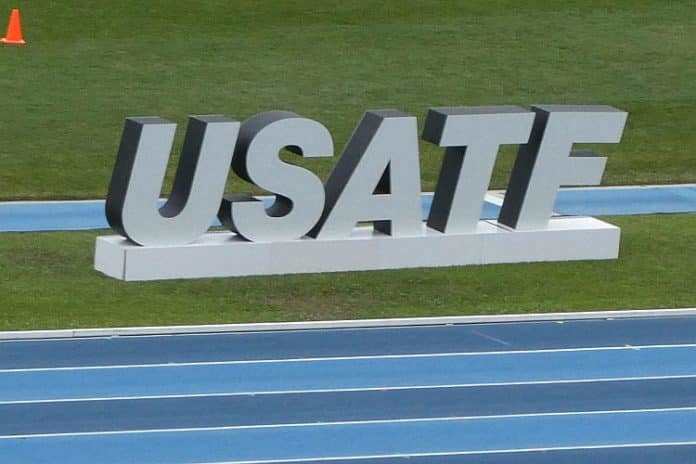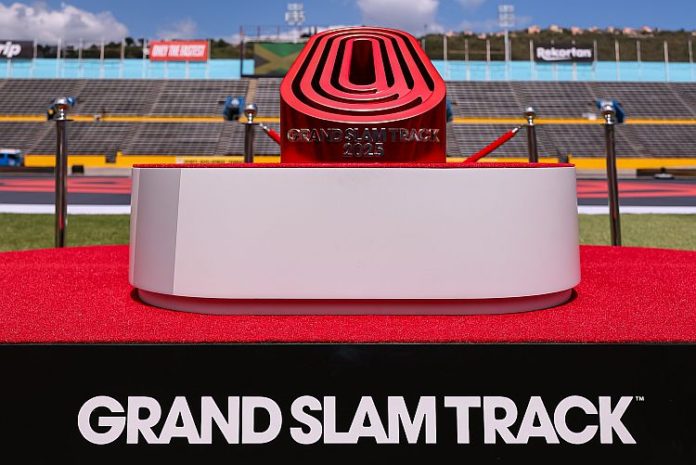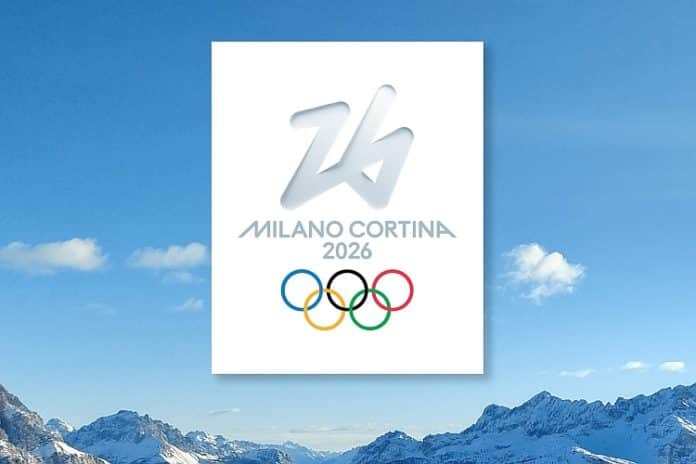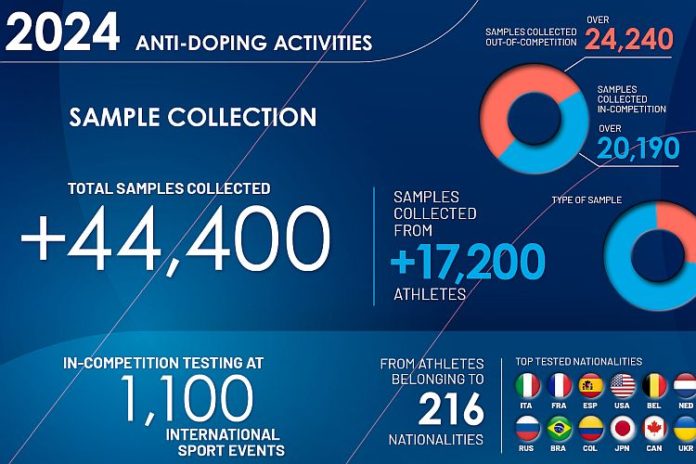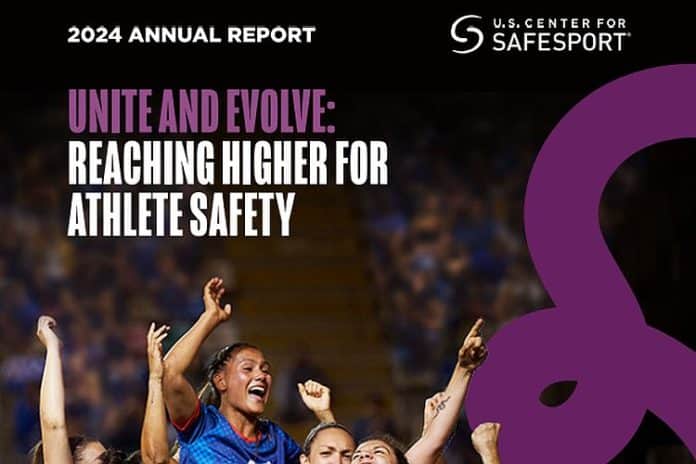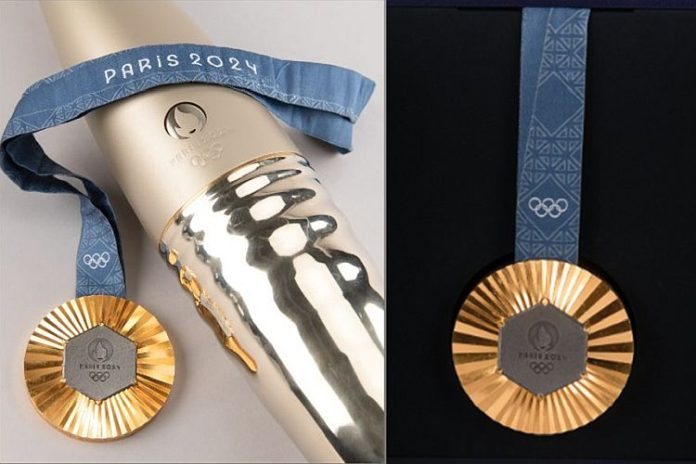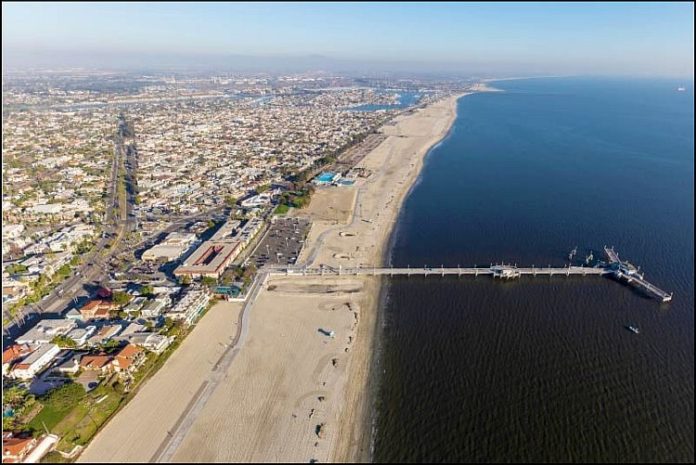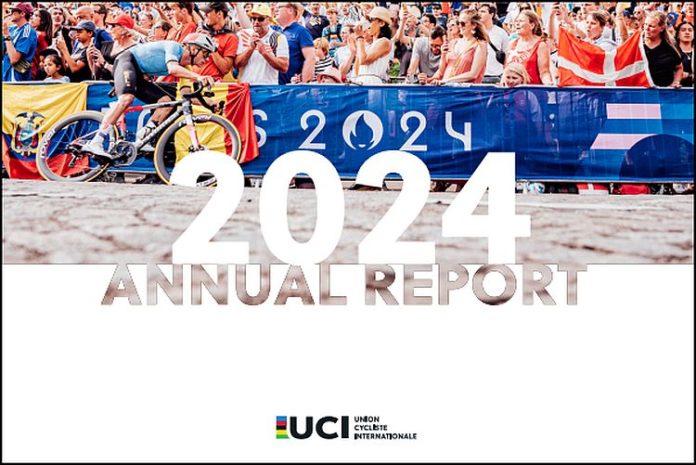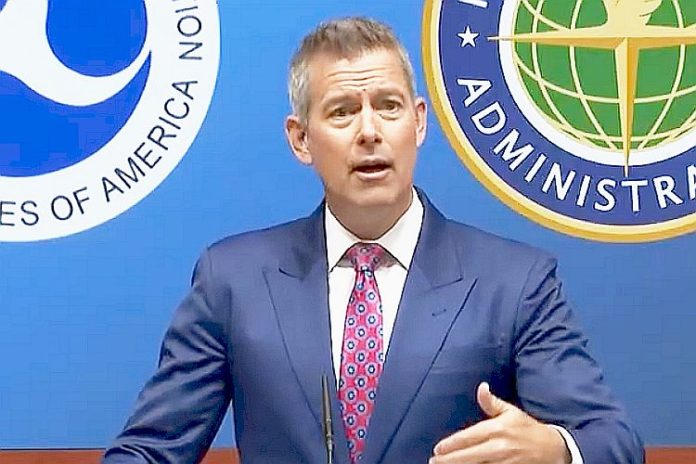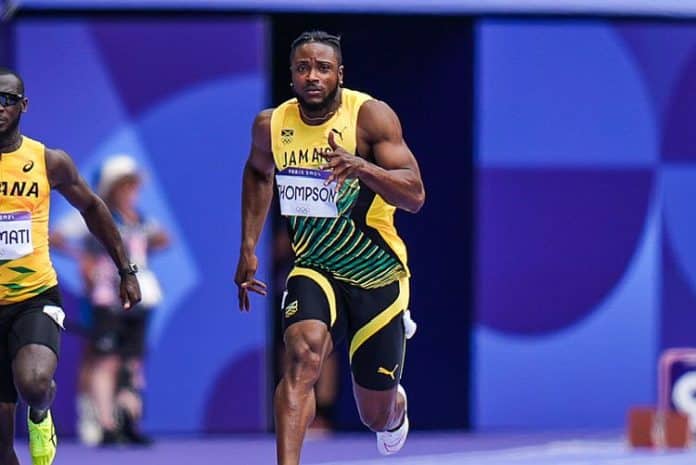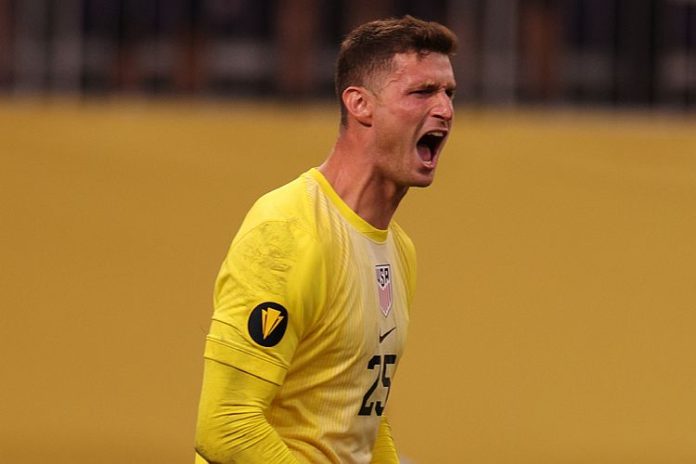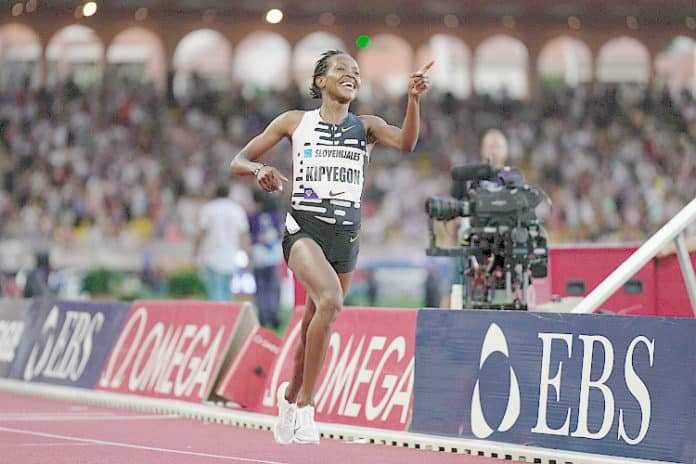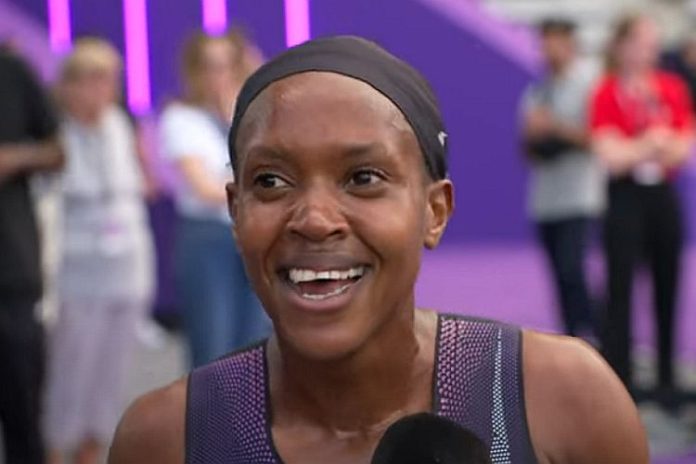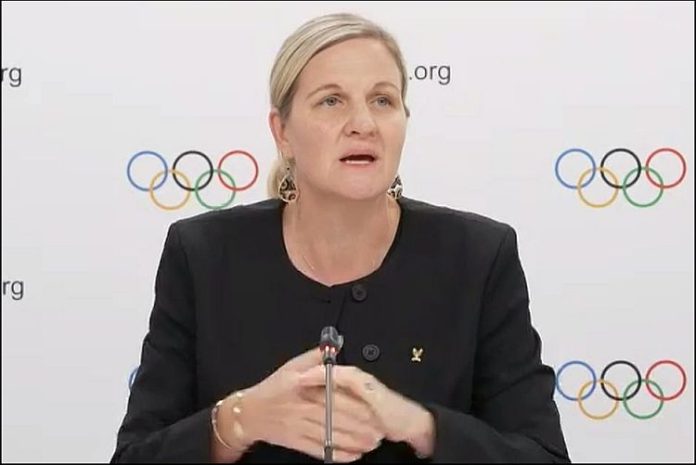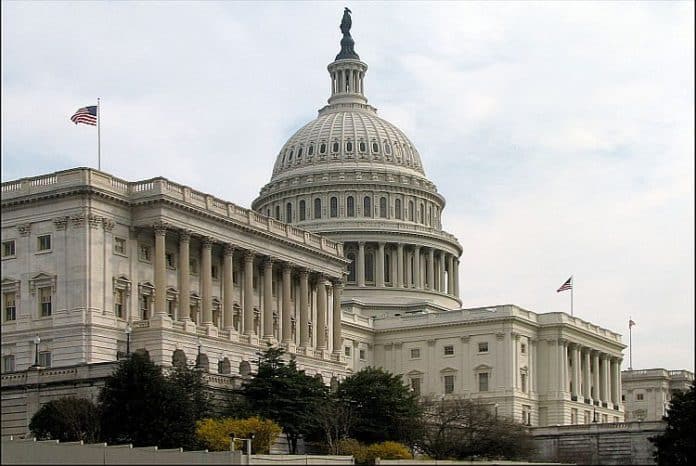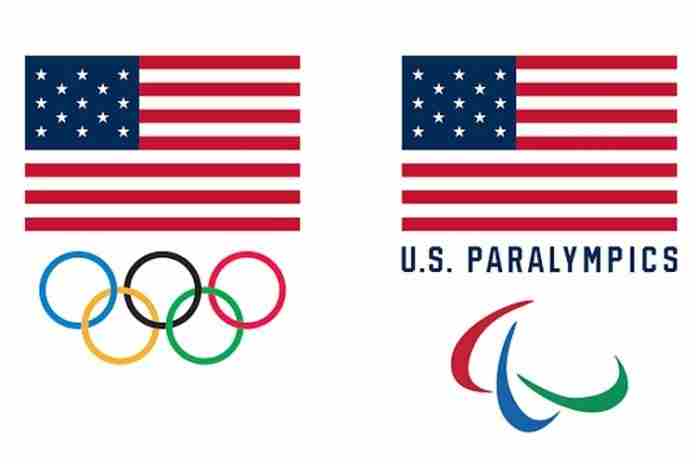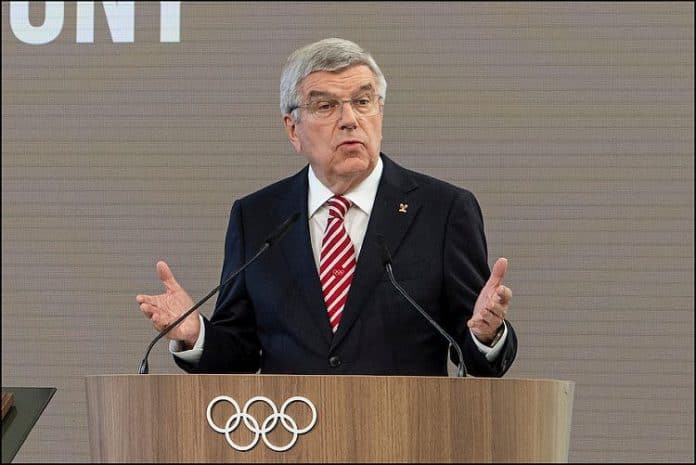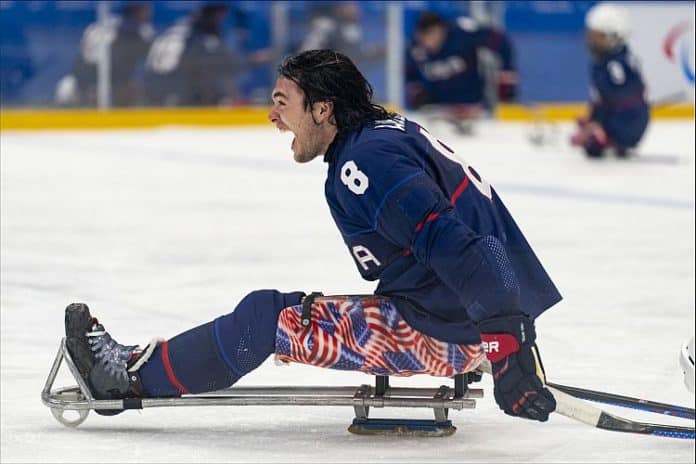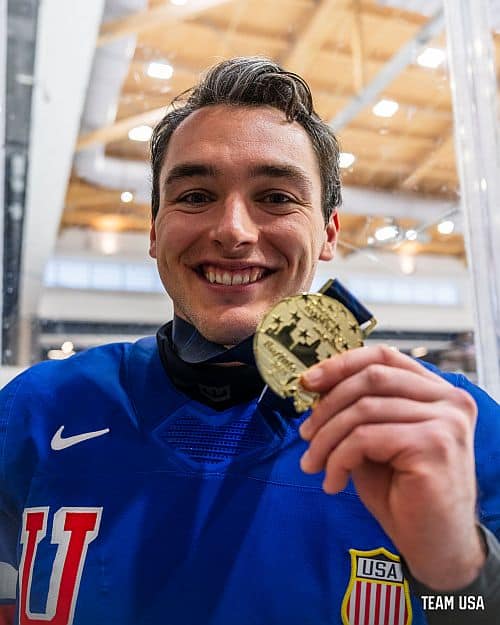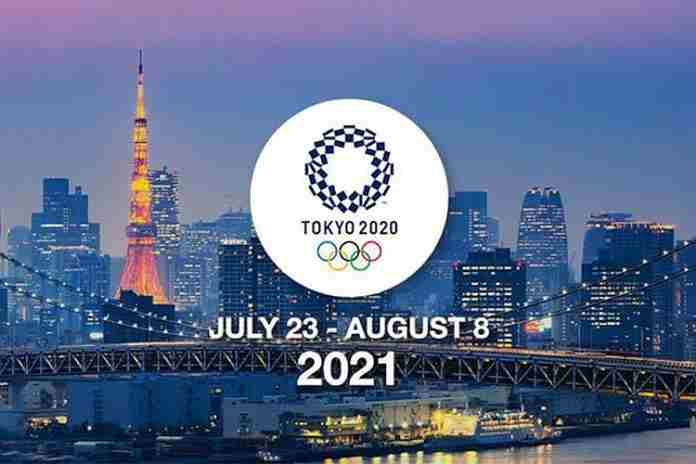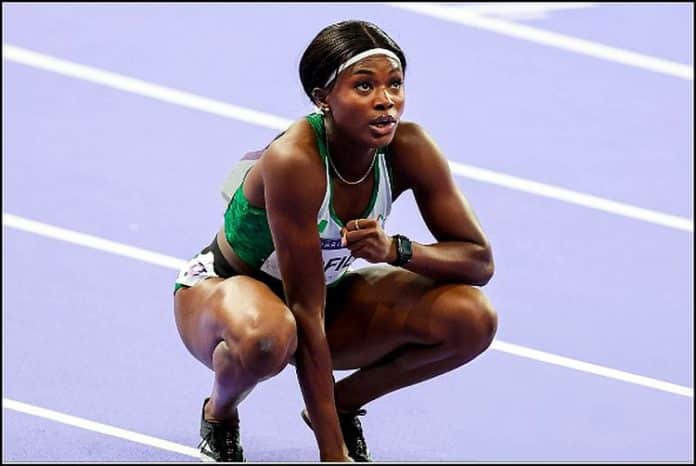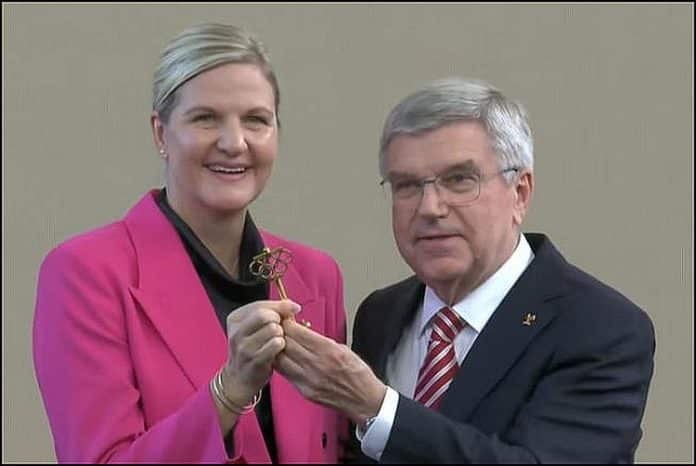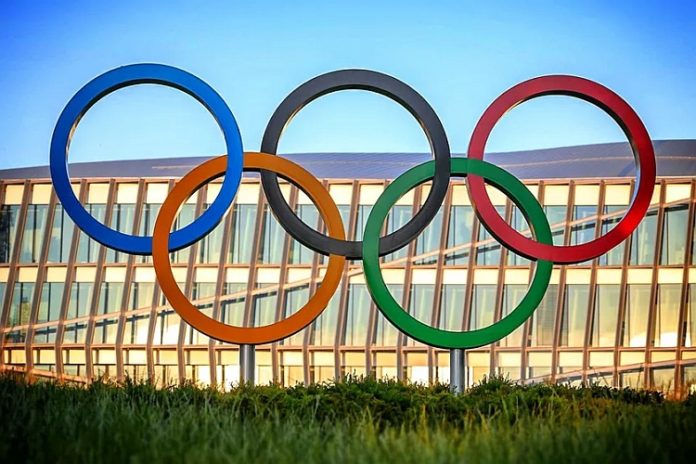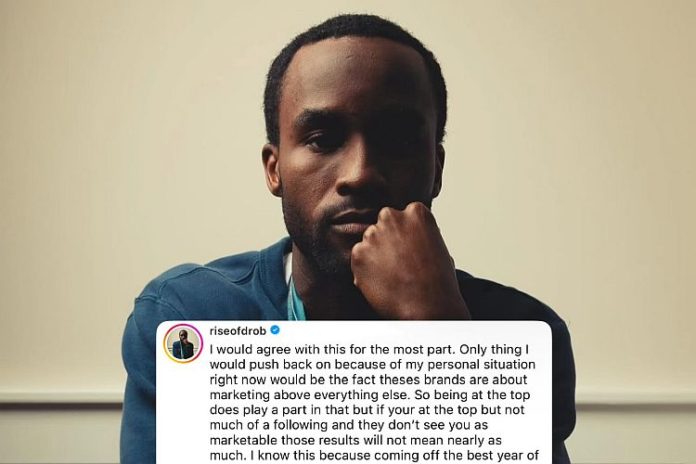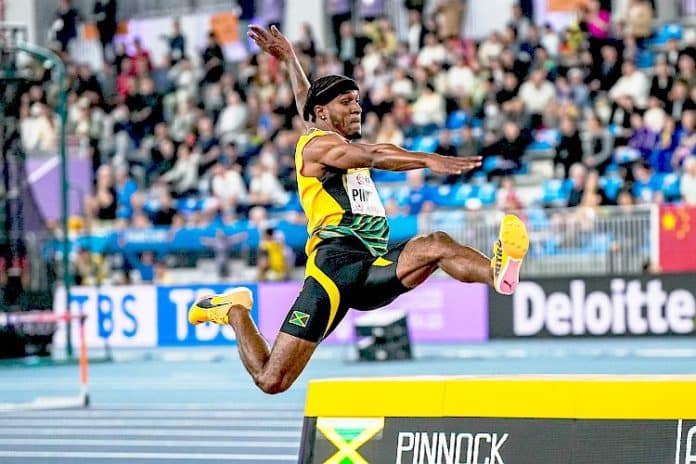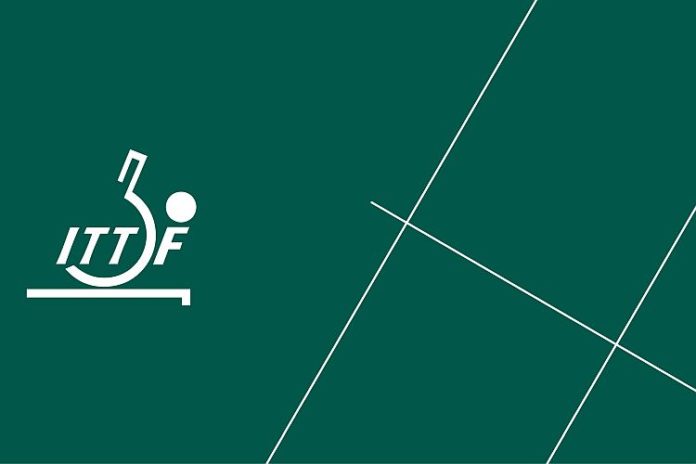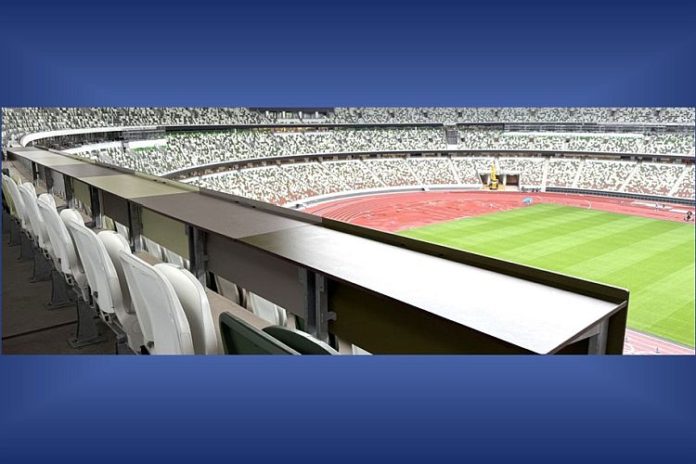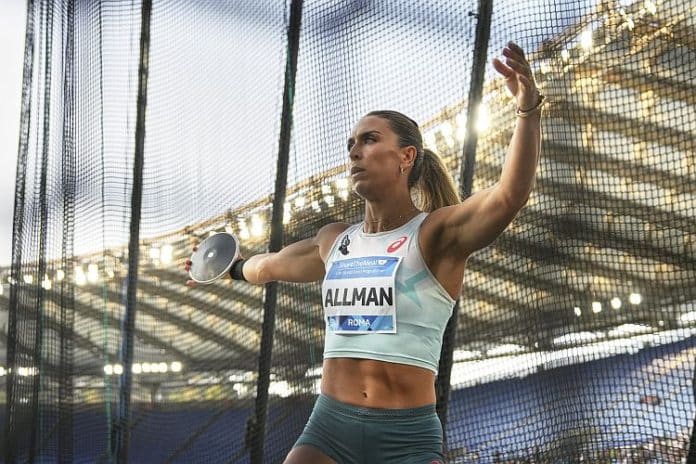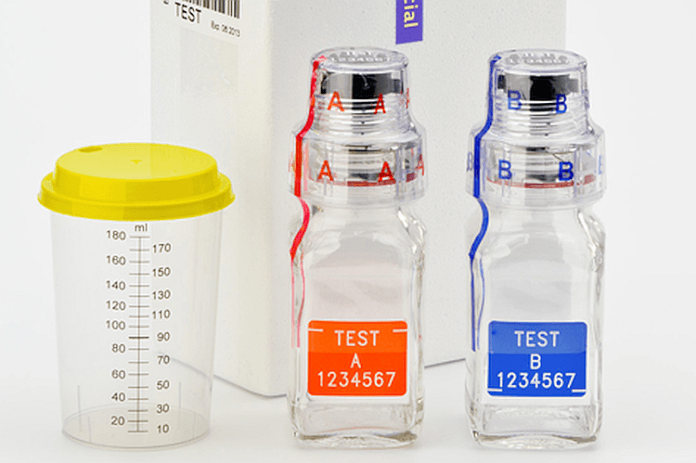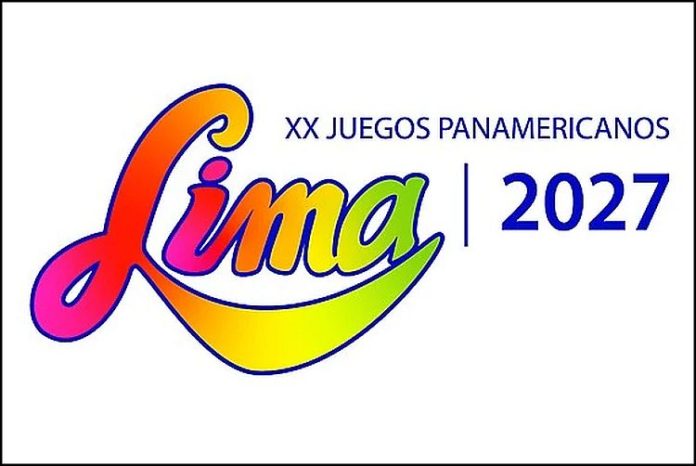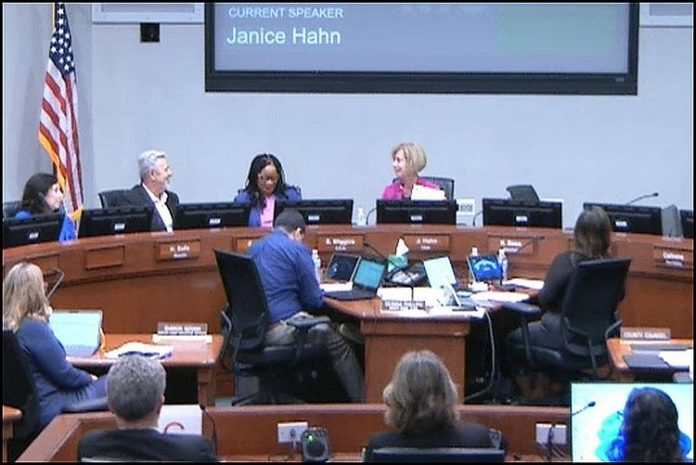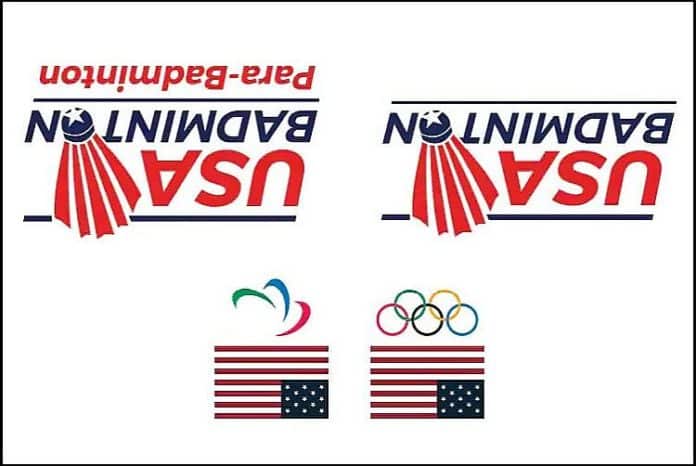★ The Sports Examiner: Chronicling the key competitive, economic and political forces shaping elite sport and the Olympic Movement.★
★ To get the daily Sports Examiner Recap by e-mail: sign up here! ★
≡ PRE CLASSIC QUOTES ≡
Saturday’s Prefontaine Classic had everything you could want in a track meet: bright skies, a full house and fantastic performances, with two world records and world-leading performances in nine events.
Kenya’s Beatrice Chebet was clear about chasing a world record in the women’s 5,000 m, which meant she would be the first to run under 14 minutes, and she did it, in 13:58.06, with a 61.8 final lap in 75 F temperatures! She said afterwards:
“I’m so happy; after running in Rome [14:03.69, no. 2 ever], I said I have to prepare for a record, because in Rome I was just running to win a race, but after running 14:03, I said that I’m capable of running a world record.
“So, let me go back home, and then come to Eugene. When I was coming here to Eugene, I was coming to prepare to run a world record, and I said I have to try. I said if Faith [Kipyegon] is trying, why not me?
“And today, I’m so happy because I’ve achieved being the first woman to run under 14. I’m so happy for myself. Discipline and hard work, my coach and my husband have been there assisting me in everything I’m doing in training and supporting me, and Faith has been a close friend to me.”
Kipyegon closed the meet by lowering her own world mark by 0.36 in the women’s 1,500 m, in 3:48.68, just nine days after her 26 June 4:06.91 “Breaking4″ mile time trial in Paris. She reflected:
“This is the time I was expecting when I was in Paris, I say that it’s still possible to run under 3:49, and I’m just so grateful. I thank God, I thank my management, I thank my coach and all of the support system who have been supporting me through this journey, so it feels amazing.
“I think the changes were that I was preparing myself for something special, which was to run under four minutes in a mile and I think I pushed myself, getting better and better toward the 1500, so I knew it was possible to still run under 3:49. I’m grateful to God that I made it today because I talked about it last week, and here I am breaking the world record.
“For me, I try to be consistent. I try to follow what my coach is telling me to do, to be better and better every year, so I’m grateful that I’ve started to break the four minutes like in Paris last week and coming here and running the 1500. This is the road to Tokyo and I would say I am in the right direction.”
“To be honest, the ladies are pushing me too because they are running quick now and I’m happy that when I broke a world record, they are all running very fast, and that is what I wanted, to motivate the younger generation to come and do even better.
“For them to follow me, it feels so great that they are pushing me as well to break records. These ladies are amazing, I love them. I love competing with them and I normally tell them, let’s push each other and we can still break barriers.”
Kipyegon ran 61.9, 2:03.4 (61.5) and 3:04.7 (61.3) through 1,200 m and ran her last 400 m in 59.1! Paris Olympic 1,500 m silver winner Jess Hull (AUS: 3:52.67 in third) put Kipyegon in perspective:
“For someone to show up and just keep doing it over and over again, she’s phenomenal. She’s a great athlete, physically on the track, but what she must think, and her thought processes and her mind, she’s a champion in every aspect, so it’s just incredible to have someone at my side like that on the start line, that I can really look up to every capacity.
“She’s amazing. It’s incredible to see her starting to get the respect she deserves beyond the track and field fanatics; the world is starting to see what an incredible woman she is.”
¶
Although not a record-setter, Jamaica’s Olympic men’s 100 m silver winner Kishane Thompson impressed with his 9.85 (+0.4) win:
“I’m the only one that can stop me. I don’t say that to brag, but to be honest, once I better my execution, amazing things are going to happen.
“It’s not just one component, it’s putting all of them together, from the start to the finish. Because I can work on one component, but if I can’t put them together it doesn’t make sense.
“It was a fierce competition, they ran me to the line. I’m really appreciative of it, it will help me to get better, step by step, and vice versa for everyone. It’s work, mental and physical. And you got to trust yourself, trust the process, trust the team, trust the coach, and so forth.”
¶
By contrast, men’s hammer American Record-setter Rudy Winkler (83.16 m/272-10) had no expectations at all:
“My training this week was very bad, so I kind of came into this like zero expectations of like ‘whatever I throw, I throw,’ so I was super surprised by that today.
“I train out in Washington D.C. so we had some of the worst humidity and heat in the country this past week, so that was really tough.
“I was coming back yesterday in my pre-meet so I was like, ‘right I just need to get some throw in and see how I’m feeling tomorrow.’ And then in my warmups today I was like ‘right, I’m back to where I was and can throw far today.'”
“I know I always throw well here. My last American records was here at Trials in 2021. It feels good to be back. I love Eugene. I love the stadium. It’s always fun to throw here.”
¶
The happiest star of the day was clearly Tara Davis-Woodhall of the U.S., the Paris women’s long jump champion, who went from third to first on her final jump, a world-leading 7.07 m (23-2 1/2):
“That was incredible, that’s what competition is about. I haven’t been the last jumper in a long time, since the new order, so it was really good to have all eyes on me and put myself under that pressure. I loved it.
“You have to have a good competition to bring eyes. You have to have that dynamic of ‘Who’s gonna win? Who’s gonna win?’ and when people say field events are boring; was that boring to you?
“I was all over the place on this runway. I’m trying to figure some new things out. I’ve got so much more speed, so much more power. 7.07, I’m okay with it. Another season’s best, I’m stepping up two centimeters further, I can’t complain.”
“This is insane, the crowd was silent when they were waiting for that jump, and that was perfection. The energy, it’s here. You’re cheering for everyone that comes out. This is one of the most knowledgeable stadiums ever.”
¶
Maybe the most relieved athlete of all was Jamaican women’s hurdles winner Ackera Nugent (12.32):
“The race was okay. My allergies are killing me, but I was able to hold it together. I knew that with the ladies I would be lined up with that I have to be at my A game. So, I came out here today and followed the instructions of my coach and I executed.”
Just some of the best post-race comments from Pre. Next up on the Diamond League schedule is the Herculis meet in Monaco on Friday, 11 July.
¶
★ Receive our exclusive, weekday TSX Recap by e-mail by clicking here.
★ Sign up a friend to receive the TSX Recap by clicking here.
★ Please consider a donation here to keep this site going.
For our updated, 694-event International Sports Calendar for 2025 and beyond, by date and by sport, click here!






















